7 Best Practices for Finding and Negotiating with Custom Plush Toy Manufacturers
| Apr, 20 , 24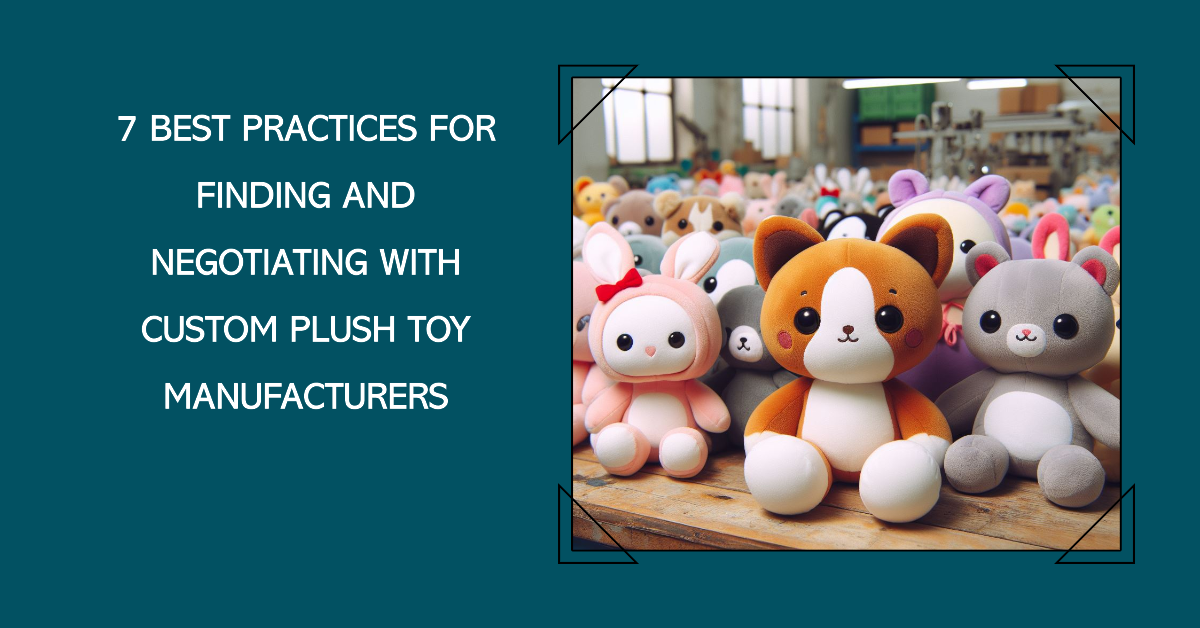
In recent years, the demand for custom plush toys has surged across various industries, driven by the desire to create unique and memorable brand experiences. Whether used as promotional giveaways, retail merchandise, or corporate gifts, custom plush toys offer a fun and engaging way to connect with customers and leave a lasting impression.
However, with the growing popularity of custom plush toys comes the challenge of finding the manufacturer to bring your vision to life. The success of your custom plush toy project hinges on partnering with a reputable manufacturer who can deliver high-quality products on time and within budget.
In this blog, we'll explore the importance of finding the perfect manufacturer for your custom plush toy needs and highlight vital practices for effectively navigating the process. From defining your requirements to negotiating terms and overseeing production, we'll provide actionable insights to help you find the perfect partner for your custom plush toy project. So dive in and discover how to make your custom plush toy dreams a reality.
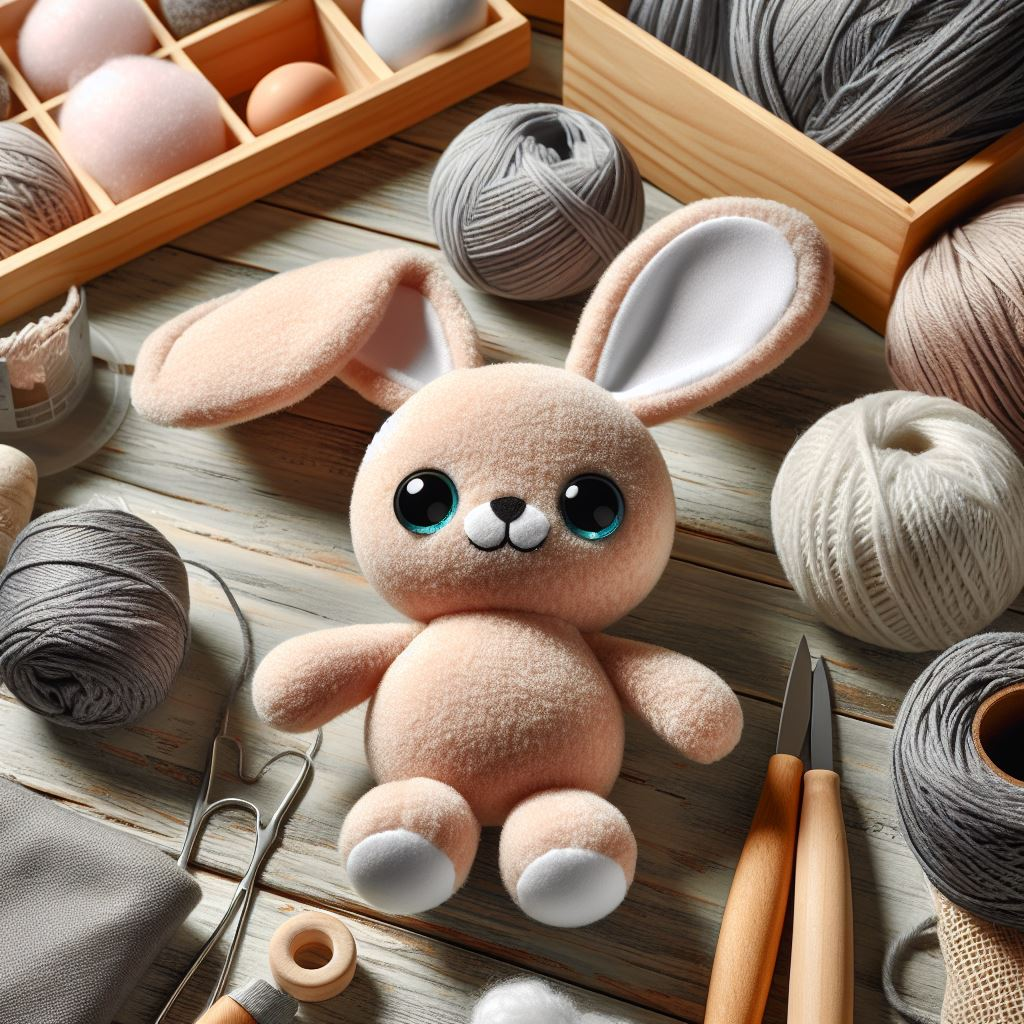
- Define Your Requirements:
Before embarking on your search for a custom plush toy manufacturer, it's crucial to have a clear understanding of your requirements. Clearly defining your needs upfront will streamline the manufacturer selection process and also ensure that your project stays on track from start to finish.
Importance of Clearly Defining Requirements:
Precise requirements are the foundation of your custom plush toy project, guiding every decision and ensuring alignment between your vision and the final product. By defining your requirements upfront, you can avoid misunderstandings, delays, and costly revisions.
Factors to Consider:
When defining your requirements for custom plush toys, consider the following factors:
- Design Specifications: Clearly outline the design elements you want for your plush toys, including size, shape, colors, materials, and any special features or accessories.
- Quantity: Determine the number of plush toys you'll need, considering factors such as target audience, distribution channels, and promotional objectives.
- Budget: Establish a realistic budget for your custom plush toy project, considering factors such as design complexity, materials, manufacturing processes, and packaging.
- Timeline: Set clear deadlines for milestones in your project, including design approval, production start date, and delivery. Consider any time-sensitive factors, such as seasonal promotions or event dates.
Tips for Creating a Detailed Brief:
To effectively communicate your requirements to potential manufacturers, consider the following tips for creating a detailed brief:
- Be Specific: Provide detailed descriptions of your design preferences, including reference images, sketches, or prototypes.
- Include Technical Specifications: Specify technical details such as dimensions, materials, printing methods, and safety requirements to ensure compliance with industry standards.
- Outline Quantity and Budget: Clearly state the quantity of plush toys you require and your budget constraints to help manufacturers tailor their proposals to your needs.
- Set Clear Deadlines: Define project timelines and delivery deadlines to ensure that manufacturers can commit to meeting your schedule.
- Communicate Expectations: Communicate your expectations regarding quality standards, communication channels, and project management to establish mutual understanding and accountability.
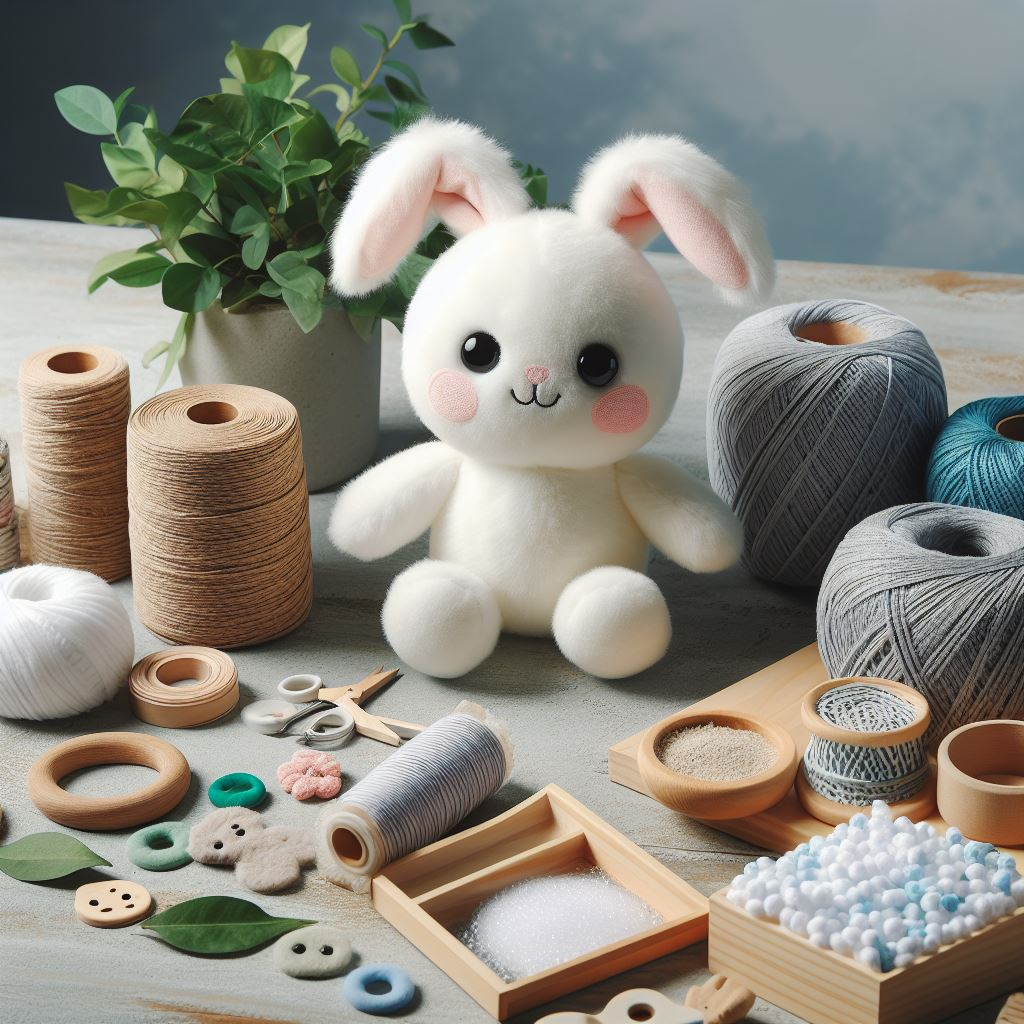
- Research Potential Manufacturers:
Once you've defined your requirements, the next step is to research potential custom plush toy manufacturers. Conducting thorough research is essential to finding a reputable manufacturer who can bring your vision to life and meet your needs.
Where to Find Reputable Manufacturers:
- Online Searches: Start online searches using keywords related to custom plush toy manufacturing. Explore manufacturer websites, industry directories, and online marketplaces to identify potential candidates.
- Industry Directories: Utilize industry-specific directories and databases to find manufacturers specializing in custom plushies production. These directories often provide detailed manufacturers' profiles, including their capabilities, specialties, and contact information.
- Referrals: Seek recommendations from colleagues, industry peers, or business networks who have experience working with custom plush toy manufacturers. Personal referrals can provide valuable insights and help you narrow your options to trusted suppliers.
Importance of Thorough Research:
Conducting thorough research is crucial to finding a reputable custom plush toy manufacturer that aligns with your project requirements and quality standards. By investing time and effort into research upfront, you can minimize the risk of potential issues and ensure a successful partnership.
Criteria for Evaluating Potential Manufacturers:
When evaluating potential manufacturers, consider the following criteria to make an informed decision:
- Experience: Look for manufacturers with a proven track record of producing high-quality custom plush toys. Experience indicates expertise and reliability in delivering satisfactory results.
- Quality Standards: Assess the manufacturer's quality control processes, certifications, and adherence to safety regulations. Choose a manufacturer that prioritizes quality and complies with industry standards.
- Production Capacity: Evaluate the manufacturer's capacity and capabilities to ensure they can accommodate your project requirements, including quantity, timeline, and customization options.
- Customer Reviews: Seek feedback from past clients or read online reviews to gauge the manufacturer's reputation and customer satisfaction level. It indicates a reliable and trustworthy partner.
- Communication and Support: Assess the manufacturer's communication channels, responsiveness, and level of customer support. Choose a manufacturer that offers clear communication channels and dedicated support throughout the project.
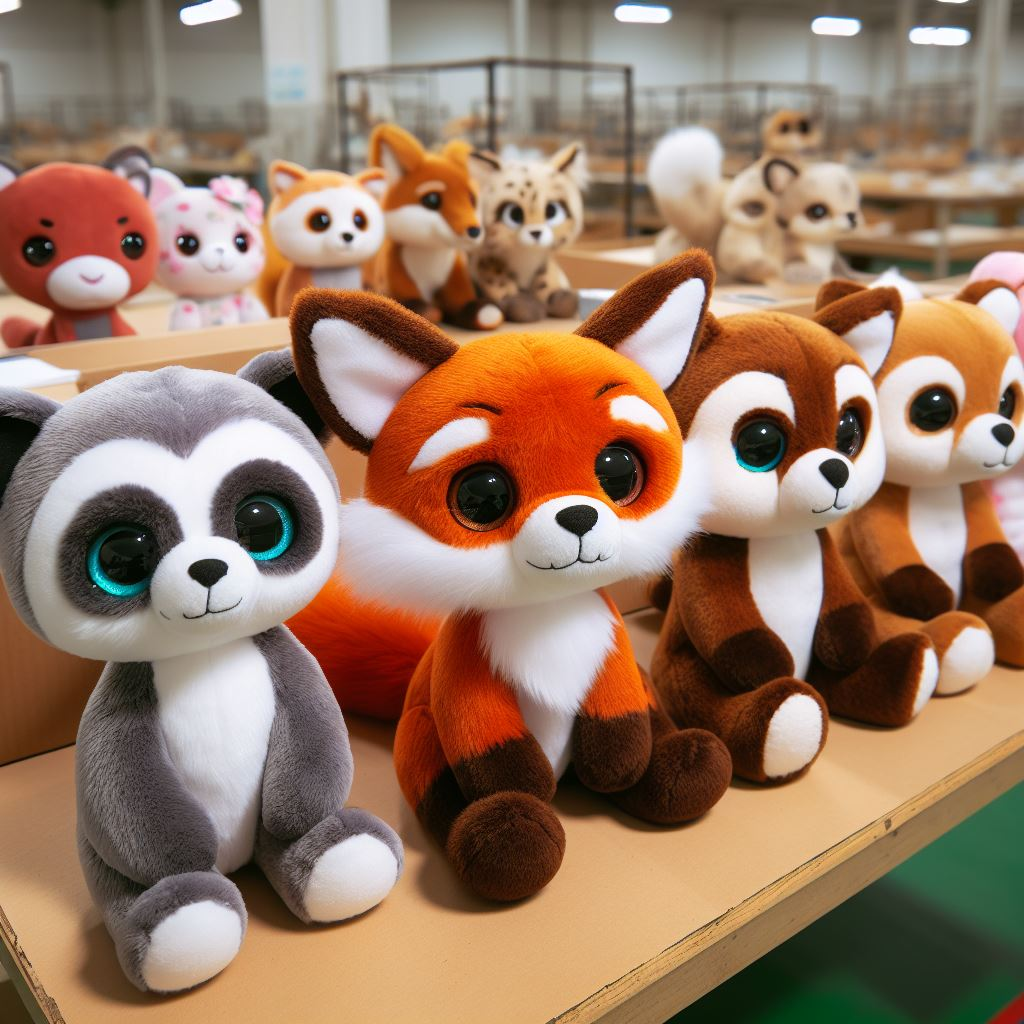
- Reach Out and Request Quotes:
Once you've identified potential custom plush toy manufacturers through research, the next step is to reach out and request quotes. This process involves contacting manufacturers, providing project details, and requesting pricing information to compare options effectively.
Steps for Reaching Out and Requesting Quotes:
- Contact Information: Start by gathering contact information for the manufacturers you're interested in, including email addresses, phone numbers, and website inquiry forms.
- Initial Outreach: Reach out to each manufacturer via email, phone call, or website inquiry form to express your interest in their services. Lay out a brief overview of your project and request further information on their capabilities and pricing.
- Provide Project Details: Clearly outline your requirements, including design specifications, quantity, materials, budget, and timeline. The more detailed information you provide, the better manufacturers can understand your needs and provide accurate quotes.
- Request for Quote (RFQ): Formally request a quote (RFQ) from each manufacturer, specifying the information needed for pricing, such as unit cost, minimum order quantity (MOQ), production lead time, shipping options, and any additional charges or fees.
- Follow-Up: Follow up with manufacturers to confirm receipt of your request and ensure they have all the necessary information to provide accurate quotes. Be responsive to any questions or clarifications they may have to expedite the quoting process.
Tips for Crafting a Clear and Concise RFQ:
- Be Specific: Clearly outline your project requirements, including dimensions, colors, materials, and customization options. Provide reference images or sketches to illustrate your vision accurately.
- Include Quantity: Specify the quantity of custom plush toys you require to receive accurate pricing information. Manufacturers often offer volume discounts for larger orders, so providing the exact quantity helps favorable pricing.
- State Budget Constraints: If you have budget constraints or price targets, communicate them upfront to help manufacturers tailor their quotes accordingly. It ensures that you receive quotes within your budget range.
- Set Timeline Expectations: Communicate your project timeline and any deadlines you meet. Manufacturers may offer expedited production options for rush orders, so providing timeline expectations upfront is essential.
- Request Sample Options: If desired, request samples of previous work or material swatches to assess quality and craftsmanship before deciding.
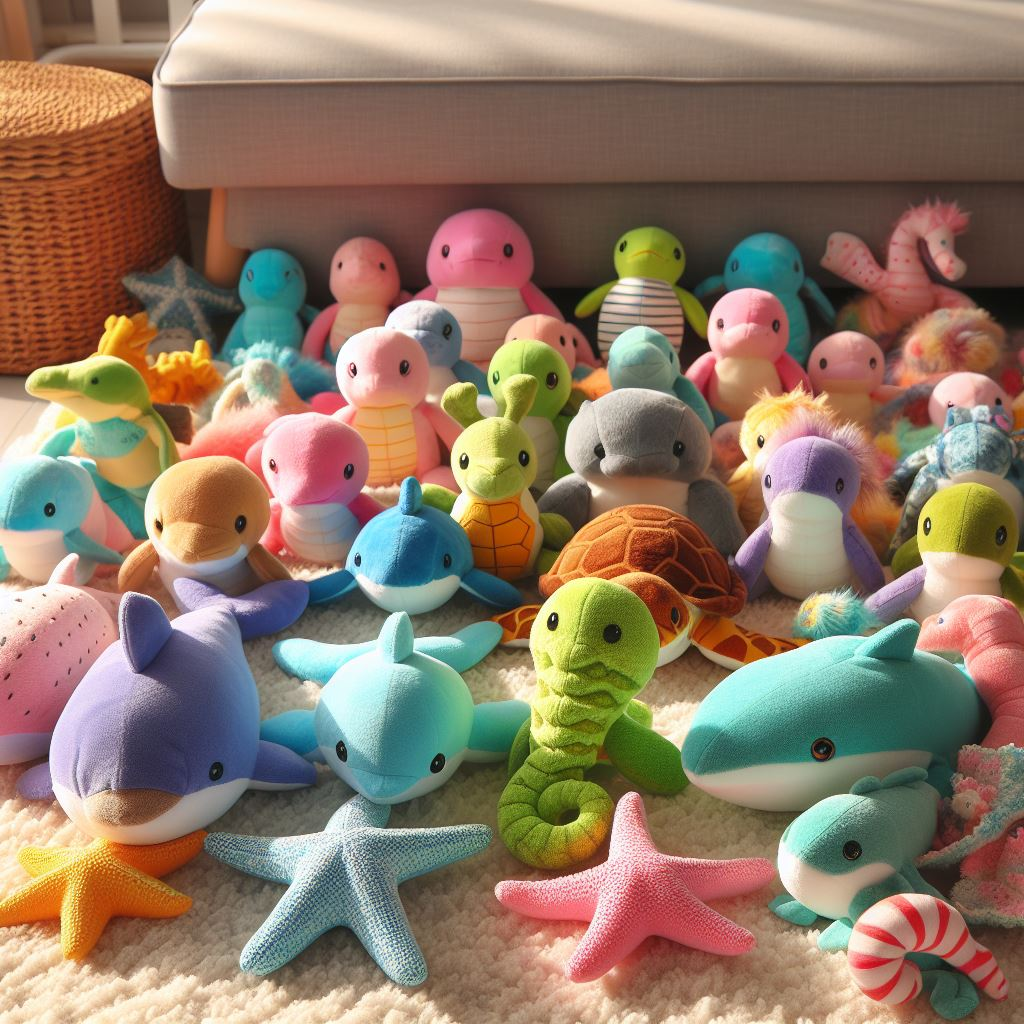
- Evaluate Quotes and Negotiate Terms:
Once you've received quotes from different custom plush toy manufacturers, it's time to evaluate them carefully and negotiate terms to secure the best possible deal for your project. Here's how to effectively assess quotes and navigate negotiations:
Evaluating Quotes:
- Price: Compare the pricing provided by each manufacturer, considering factors such as unit cost, minimum order quantity (MOQ), shipping fees, and any additional charges. Compare quotes for the exact specifications and quantities to make an accurate assessment.
- Quality: Assess the quality of the samples provided by each manufacturer, if available, or inquire about the materials, construction methods, and quality control processes used in production. Opt for manufacturers prioritizing quality and craftsmanship to ensure the final plush toys meet your standards.
- Lead Time: Consider the production lead time outlined in each quote and evaluate whether it aligns with your project timeline and deadlines. Consider any rush production options or expedited shipping services offered by manufacturers to meet tight deadlines if necessary.
- Communication and Responsiveness: Take note of the manufacturer's responsiveness and communication throughout the quoting process. A prompt and professional response indicates reliability and a commitment to customer service, essential qualities in a manufacturing partner.
Negotiating Terms:
- Focus on Value: Instead of solely focusing on price, emphasize the overall value, considering factors such as quality, reliability, and customer service. Negotiate for added value, such as volume discounts, free samples, or expedited production at no additional cost.
- Leverage Competition: Use competitive quotes from multiple manufacturers to your advantage during negotiations. Communicate your interest in working with a particular manufacturer but express the need for competitive pricing or favorable terms to seal the deal.
- Flexibility: Be open to negotiating terms beyond pricing, such as payment terms, production schedules, or customization options. Demonstrating flexibility and willingness to collaborate can foster a positive relationship with the manufacturer and lead to mutually beneficial outcomes.
- Build Relationships: Cultivate positive relationships with manufacturers by maintaining open communication, expressing appreciation for their efforts, and demonstrating a commitment to long-term partnership. Building rapport and trust can lead to preferential treatment and better terms in future projects.
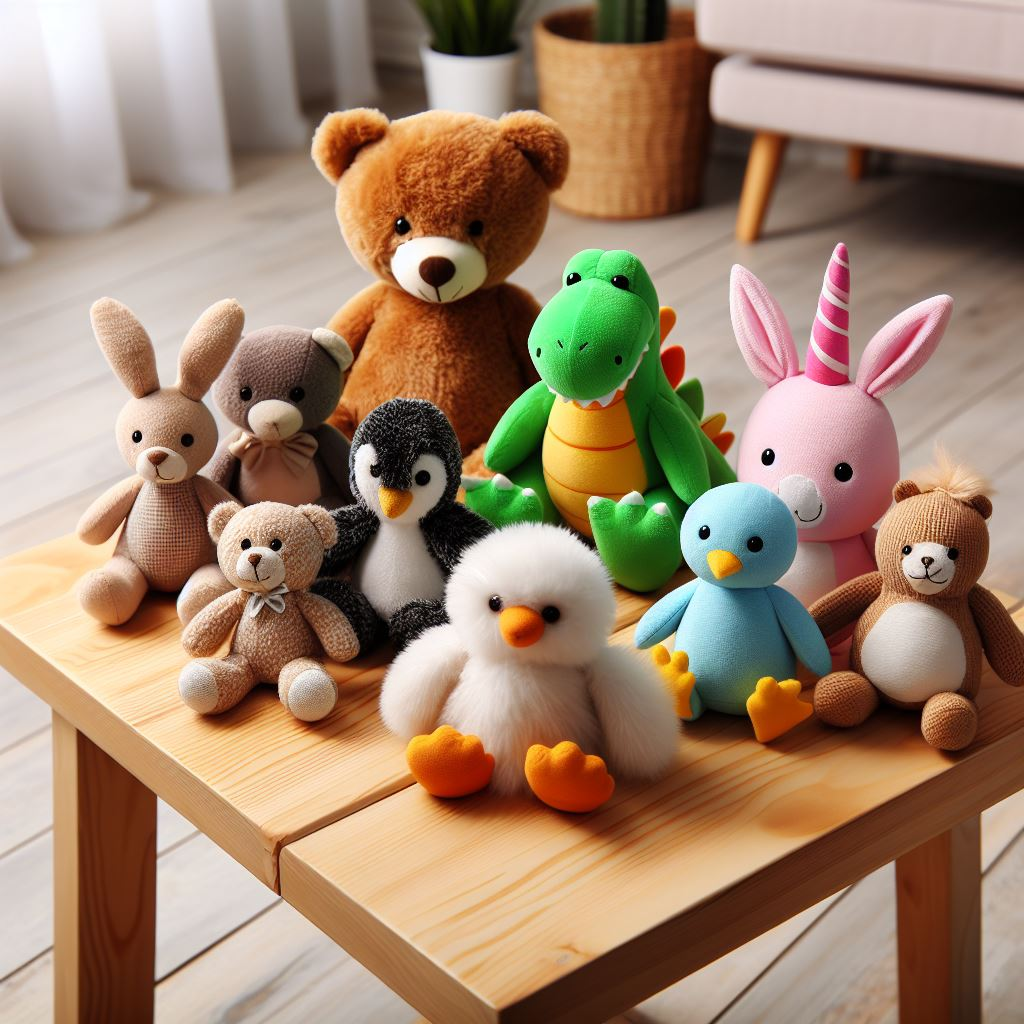
- Review Contracts and Finalize Details:
As you near the final stages of selecting a custom plush toy manufacturer, review contracts meticulously and finalize all details to avoid misunderstandings and ensure a smooth production process.
Reviewing Contracts:
- Thorough Examination: Carefully review the contract provided by the manufacturer, paying close attention to all terms, conditions, and clauses. Ensure they reflect the agreed-upon pricing, delivery schedule, quality standards, and any additional specifications discussed during negotiations.
- Legal Assistance: Consider seeking legal counsel to review the contract, especially if it involves complex terms or significant financial commitments. A legal expert can help identify potential risks or ambiguities in the contract and protect your interests.
- Clarify Ambiguous Terms: If you encounter any ambiguous or unclear terms in the contract, seek clarification from the manufacturer before proceeding. Understand all contractual obligations to prevent misunderstandings or disputes later on.
Key Contract Elements to Review:
- Pricing: Double-check the pricing outlined in the contract to ensure it aligns with the quotes provided and includes all relevant costs, such as unit price, shipping fees, taxes, and any applicable discounts or surcharges.
- Delivery Schedule: Verify the agreed-upon delivery and production timeline to meet your project deadlines. Clarify expectations regarding lead times, production milestones, and shipping arrangements to avoid delays.
- Quality Standards: Confirm that the contract specifies the quality standards and specifications for the custom plush toys, including materials, construction methods, and finishing details. Ensure the manufacturer agrees to adhere to your quality requirements and provide samples for approval if necessary.
Finalizing Details:
- Open Communication: Maintain open communication with the manufacturer throughout the contract review process to address concerns or questions. Clarify discrepancies or unresolved issues to ensure both parties are on the same page before proceeding.
- Negotiate Amendments: If you identify any discrepancies or unfavorable terms in the contract, negotiate amendments with the manufacturer to reach a mutually acceptable agreement. Be proactive in advocating for your interests while remaining flexible and collaborative in finding solutions.
- Sign with Confidence: Once all details are complete and both parties are satisfied with the contract terms, proceed to sign the agreement. Ensure that all parties involved understand their respective obligations and responsibilities under the contract.
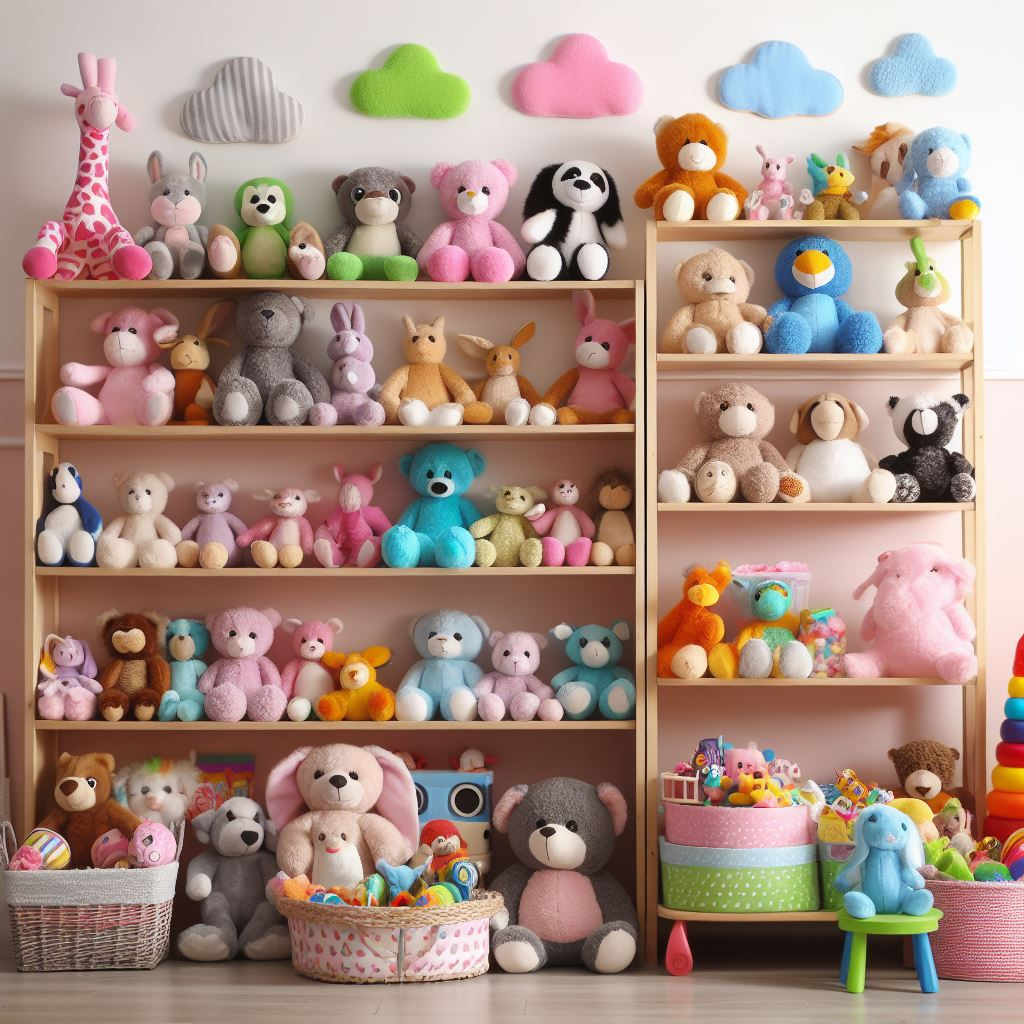
- Monitor Production and Quality Assurance:
Ensuring that production progresses smoothly and meets quality standards is crucial to the success of your custom plush toy project. Here's how to effectively monitor production and maintain quality assurance:
Importance of Monitoring Production:
- Timely Progress: Regularly monitor production progress to ensure that manufacturing milestones are per the agreed-upon schedule. It helps prevent delays and allows for adjustments.
- Quality Control: Continuous monitoring allows for early detection of quality issues or deviations from specifications, enabling prompt corrective action before they escalate.
Strategies for Monitoring Production:
- Regular Communication: Schedule regular check-ins to receive updates on progress, address any concerns, and provide feedback as needed.
- Establish Milestones: Define key production milestones and checkpoints, such as sample approvals, production runs, and final inspections. Monitor progress against these milestones to ensure that production stays on track.
Addressing Issues and Concerns:
- Proactive Problem-Solving: Act quickly to address any issues or concerns during production. Work collaboratively with the manufacturer to identify the root cause of the problem and implement effective solutions to prevent recurrence.
- Flexible Response: Be prepared to adapt to unexpected challenges or changes in circumstances. Maintain a flexible and proactive approach to problem-solving to minimize disruptions to production timelines and quality standards.
Conducting Quality Inspections:
- Define Quality Criteria: Clearly define your quality criteria and specifications for the custom plush toys. Develop a checklist or inspection criteria to ensure systematic quality checks.
- On-Site Inspections: Whenever possible, conduct on-site inspections at various stages of production to assess product quality firsthand. Inspect materials, expertise, and finished products to verify compliance with your specifications.
- Third-Party Testing: Consider engaging third-party testing agencies to conduct independent quality inspections and verify compliance with regulatory standards and industry requirements.
Ensuring Final Product Quality:
- Final Inspection: Conduct a comprehensive final inspection of the finished products to confirm that they meet your quality standards. Inspect for defects, consistency, and overall product quality to ensure customer satisfaction.
- Documentation and Reporting: Keep detailed records of quality inspections, findings, and corrective actions taken throughout the production. Documenting these activities helps track progress, identify trends, and facilitate continuous improvement efforts.
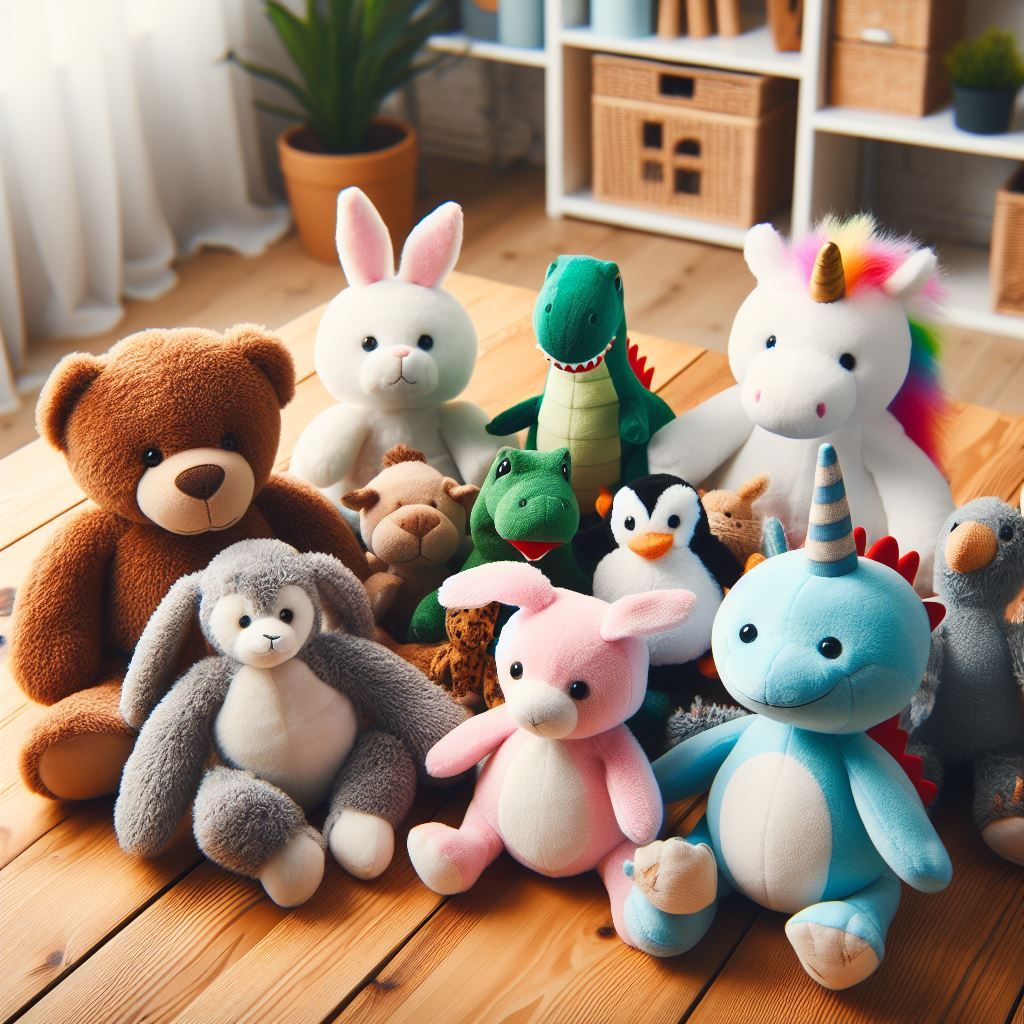
- Finalize Payment and Logistics:
As your custom plush toy project nears completion, finalize payment arrangements and coordinate logistics for shipping and delivery. Here's how to effectively manage this crucial stage of the manufacturing process:
Guidance on Finalizing Payment:
- Agree on Payment Terms: Discuss and agree upon payment terms with the manufacturer before production begins. Payment terms in the custom plush toy manufacturing industry include 100% fees upfront, partial upfront with the remainder upon completion, or in installments tied to specific production milestones.
- Secure Payment Method: Choose a secure payment method for both parties, such as bank transfers, letters of credit, or online payment platforms. Ensure that the chosen payment method aligns with your preferences and provides sufficient safeguards against potential risks.
Coordinating Shipping and Delivery:
- Provide Shipping Instructions: Communicate your shipping requirements and preferences to the manufacturer, including shipping address, preferred carriers or shipping methods, and any special instructions or considerations.
- Coordinate Logistics: Work closely with the manufacturer to coordinate logistics for shipping and delivery. Determine the most cost-effective and efficient shipping routes, considering transit times, shipping costs, and customs clearance requirements.
Payment Methods and Terms:
- 100% Upfront: In this scenario, the buyer pays the 100% fee for the order before production begins. This approach offers the manufacturer immediate payment but may involve greater risk for the buyer if production delays or quality issues arise.
- Partial Fee Upfront: With this arrangement, the buyer pays a portion of the total order value upfront, typically as a deposit, with the remaining balance due upon completion of production. It provides the manufacturer with some upfront payment while offering the buyer greater financial flexibility and risk mitigation.
- Payment in Installments: Payment in installments involves breaking the total order value into multiple payments tied to specific production milestones or deliverables. This approach allows for more gradual payment and risk allocation between the buyer and manufacturer.
Tips for Coordinating Shipping and Logistics:
- Plan Ahead: Start planning shipping and logistics well in advance to avoid delays and ensure timely delivery of the final products. Consider production lead times, shipping transit times, and potential customs clearance procedures.
- Select Reliable Carriers: Choose reputable and reliable shipping carriers or freight forwarders with experience handling international shipments and transporting delicate or high-value goods like custom plush toys.
- Track Shipments: Implement shipment tracking mechanisms to monitor the progress of deliveries in real-time and address any issues or delays. Maintain open communication with the manufacturer and shipping providers to stay informed about the status of shipments.
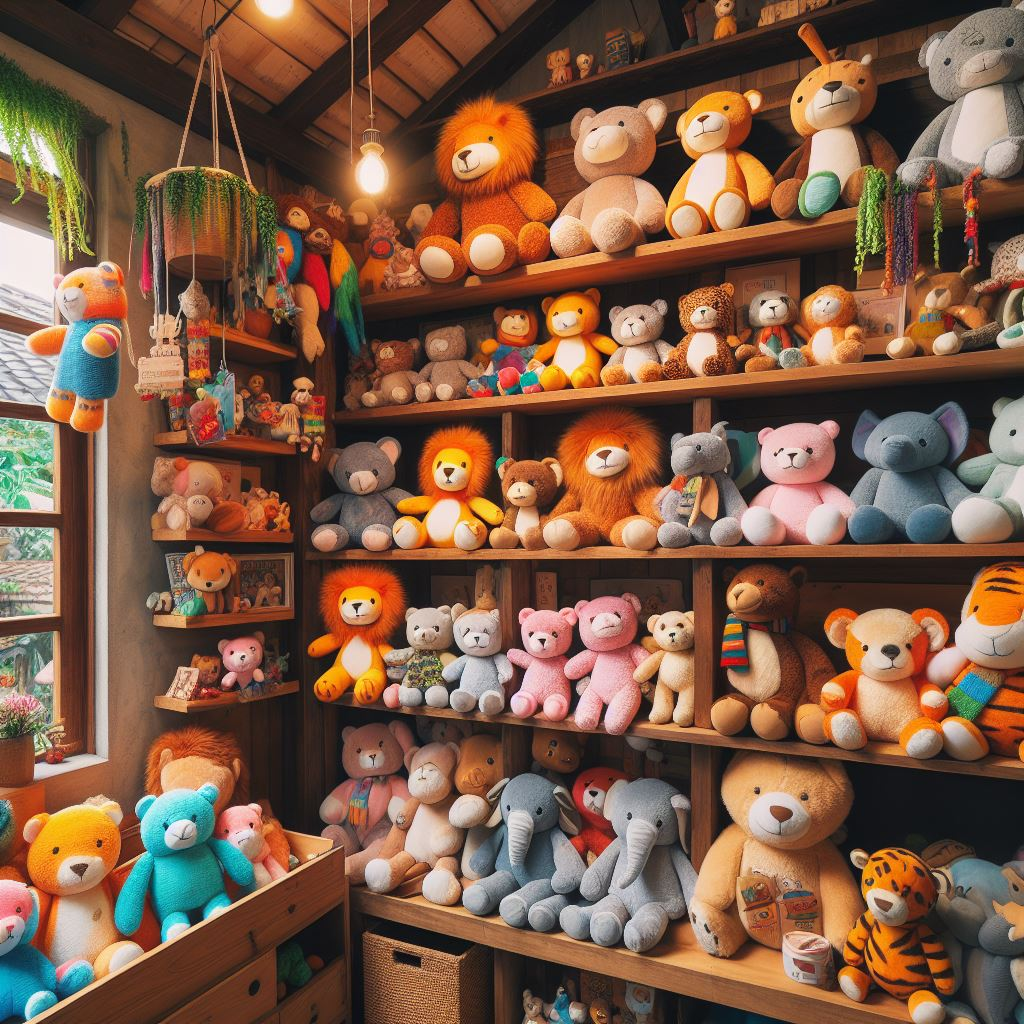
A few case studies:
EverLighten has successfully assisted Yellowpike Media, Google's EngEDU program, McLennan Community College, etc., with their custom plush toy needs. Despite facing unique challenges such as specific poses, tight deadlines, and intricate designs, EverLighten's team utilized their creativity, expertise, and communication skills to deliver high-quality custom plush toys that exceeded the expectations of their clients. Through effective collaboration and dedication to customer satisfaction, EverLighten has proven a reliable partner for creating custom plush toys tailored to the client's needs.
In conclusion
Finding and negotiating with custom plush toy manufacturers requires careful planning, thorough research, and effective communication. With the best practices outlined in this guide, you can navigate the manufacturing process and achieve successful outcomes for your custom plush toy project.
At EverLighten, we understand the importance of finding the manufacturer for your custom plush toy needs. With our commitment to 100% customization, 100% quality check, free design help, worldwide delivery, 24*7 support, unlimited revisions, and low minimum order quantities (MOQ), we are here to support you every step of the way.
Whether you're looking to create custom plush toys for promotional purposes, retail sales, or special events, EverLighten offers a comprehensive range of services to bring your vision to life. From concept development to final production, our experienced team delivers high-quality plush toys that meet your specifications and exceed your expectations.
Ready to bring your custom plush toy project to life? Connect with EverLighten today and experience the difference of working with a trusted partner in custom manufacturing. Contact us now to get started!
FAQs:
Q: Why is it important to find the perfect manufacturer for custom plush toys?
A: Finding the manufacturer ensures your custom plush toys meet your quality standards, budget requirements, and delivery timelines. Working with a reputable manufacturer also helps minimize risks and straightforward production.
Q: How can I ensure that the manufacturer meets my specifications?
A: You can ensure that the manufacturer meets your specifications by providing detailed requirements and specifications upfront. Communication is necessary throughout the process, and regular updates and quality checks help ensure that the final products align with your expectations.
Q: What factors should I consider when evaluating potential manufacturers?
A: When evaluating potential manufacturers, consider experience, quality standards, production capacity, pricing, lead times, and customer reviews. Assess their communication style and willingness to accommodate your needs.
Q: How can I negotiate pricing and terms with manufacturers?
A: Negotiating pricing and terms with manufacturers involves understanding your budget and requirements, conducting market research to benchmark pricing, and negotiating based on volume discounts, payment terms, and additional services. Building a positive relationship with the manufacturer can also help facilitate negotiations.
Q: What if I encounter issues or concerns during production?
A: If you encounter issues or concerns during production, address them promptly with the manufacturer. Effective communication is vital to resolving issues and ensuring the production process stays on track. Most manufacturers work with you to find solutions and address any challenges.

